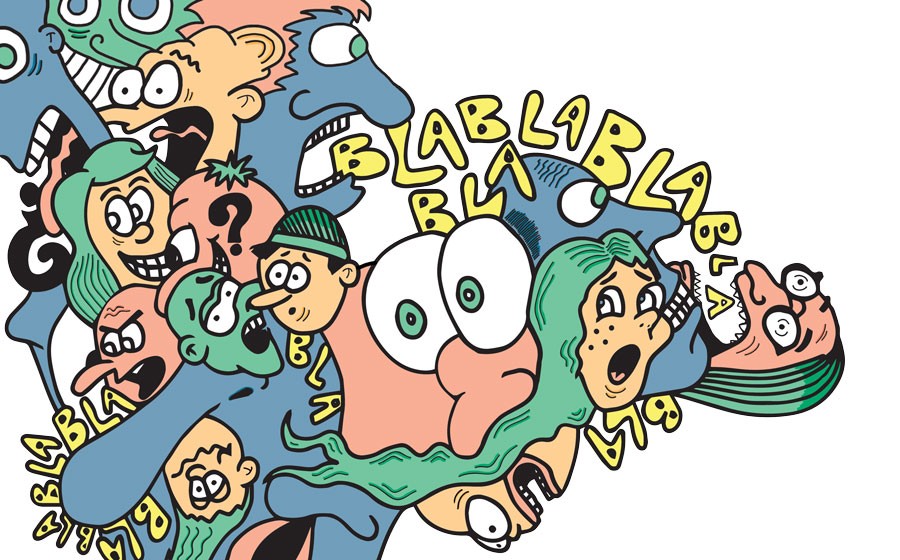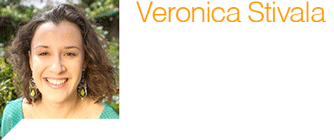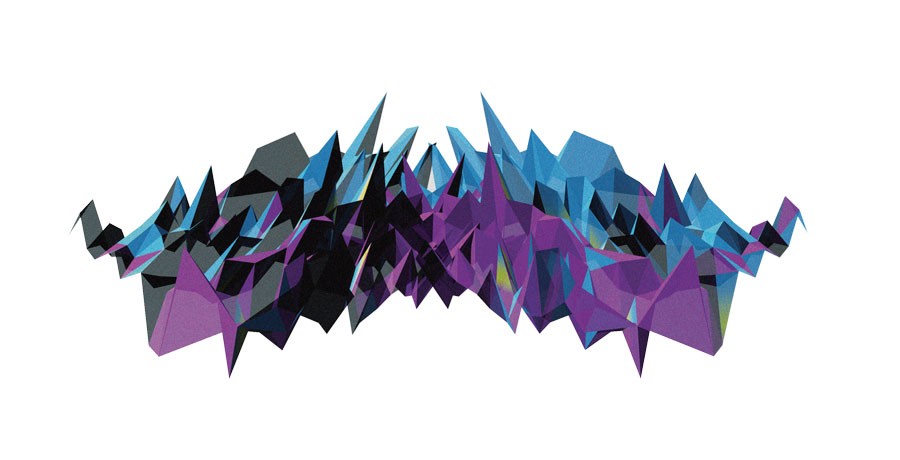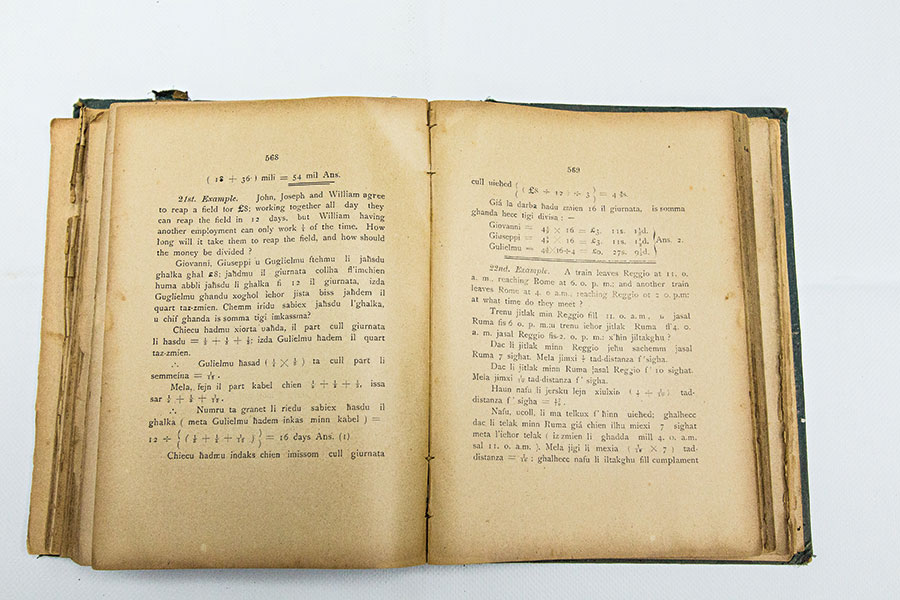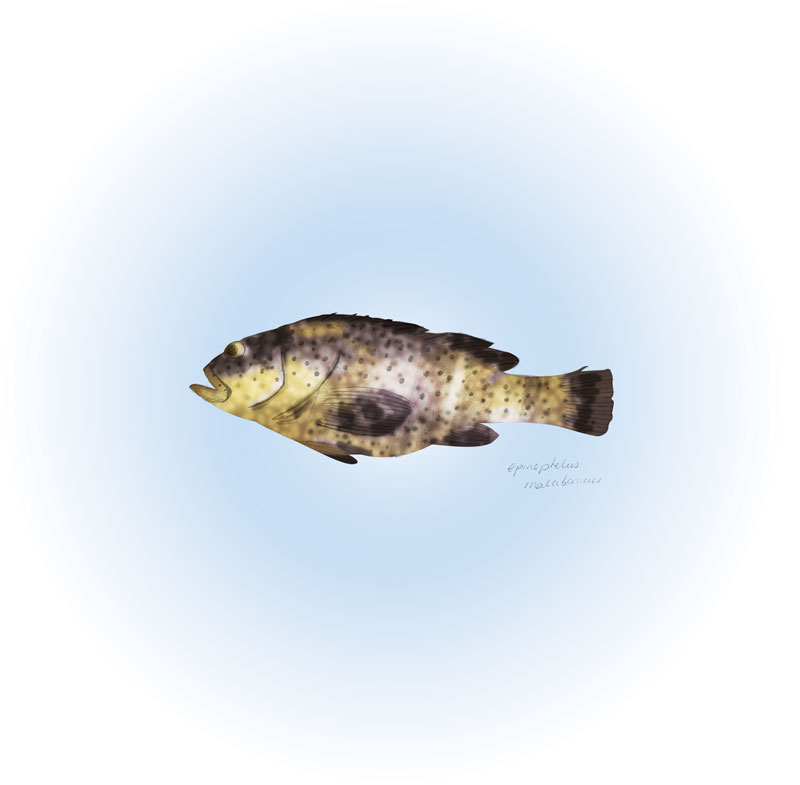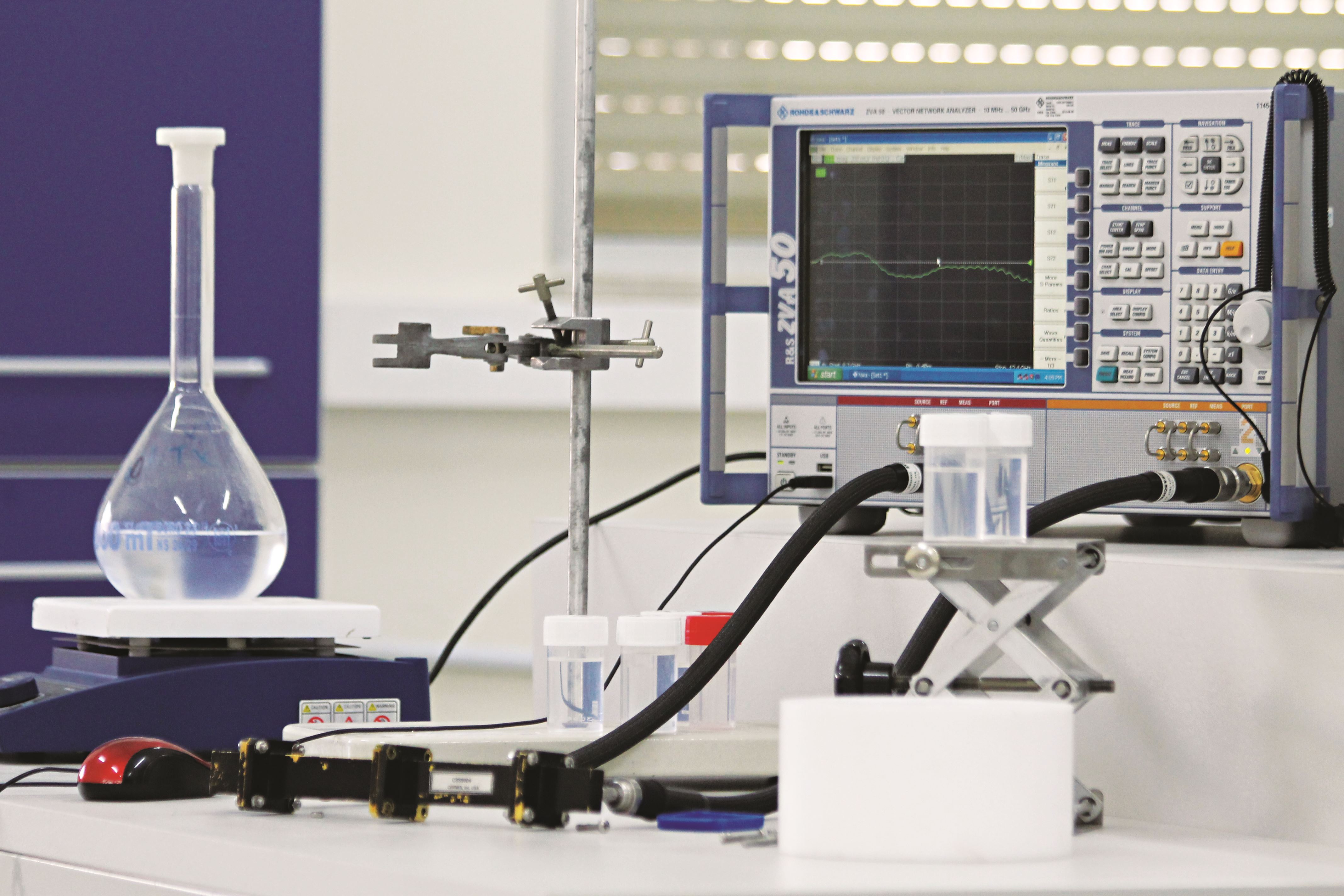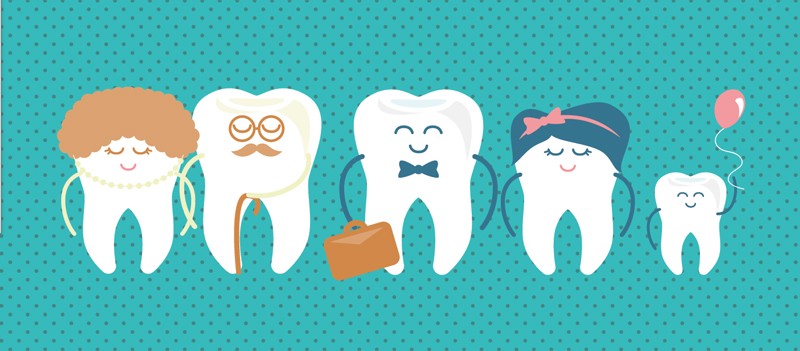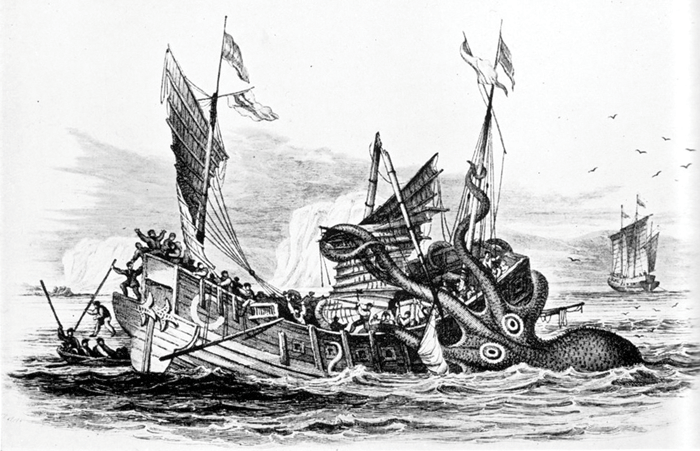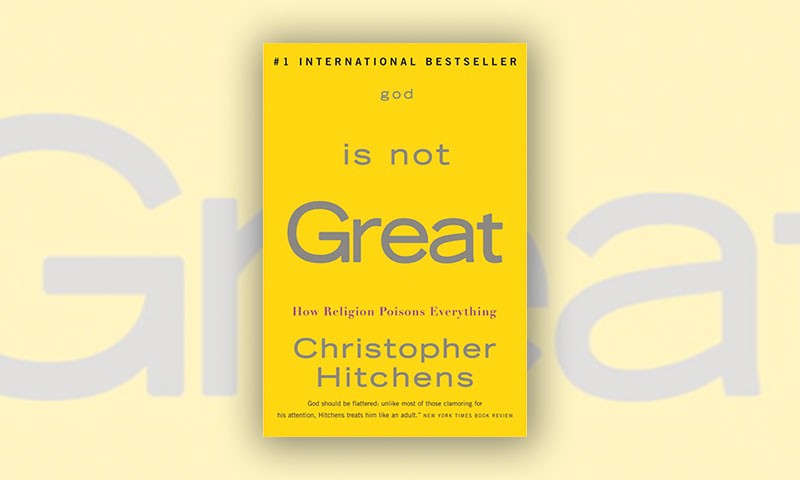Into The Crystal Maze
To many, crystals are pretty and mysterious rocks with magical properties. But real crystals are nothing of the sort. They are groups of atoms or molecules arranged in a highly regular way. Their study is important in many fields including chemistry, biology and pharmaceuticals. Dr Liana Vella-Zarb, Dr Rosalin Bonetta and Dr Daphne Attard explain to Francesca Vassallo why crystals are better than diamonds.
The first Maltese mathematics textbook
In 1913, Tommaso Vella published an arithmetic textbook in both English and Maltese called Aritmetica Bil Malti u Bl’Inglis. Dr Claude Bajada explores this intriguing book.
A Patchwork Mediterranean: Knitting It Together
The Mediterranean is surrounded by over 20 countries each of which claim ownership over its nearby sea. To try and prevent over fishing and other pressures, many countries have set up protected areas. Jessica Edwards talks to Prof. Patrick J. Schembri who leads the Marine Ecology Research Group (Department of Biology) to find out how all of these areas are being linked to protect the Mediterranean Sea from the threats it faces.
Don’t throw away that microwave
How are physicists using the technology of microwave ovens to cure cancer? Prof. Charles V. Sammut and his team in the electromagnetics research group speak to Dr Claude Bajada.
The Underbelly of the Graph
How does Facebook suggest new long lost friends? And, how does Google get your searches right so often. The answer is Graph Theory, an area of mathematics being investigated by Prof. Josef Lauri. Dr Claude Bajada finds out more.
Research, Teeth, and the Community
Prof. Nikolai Attard was on the other end of the phone and was passionately describing what he had in mind. ‘A mobile dental clinic will be able to reach out to the community, schools, old people’s homes, village squares and we’ll be collecting epidemiological data on oral health which can then be fed into existing health data. At the same time we’ll be providing a free dental examination and advice to thousands of people, which they will then follow up with their personal dentist. This could be a first for Malta.’ Nikolai, Dean of the Faculty of Dental Surgery (University of Malta), is determined to expand the Faculty’s teaching activities and promote oral health.
Housebound
Does the Kraken exist?
Written by Alexander Hili
‘Release the Kraken’ is a very famous quote from Clash of the Titans. In the movie scene, a monstrous being, with characteristics of both squid and octopus, is summoned from the sea to smash a city to the ground. The Kraken is clearly a mythological creature, but the colossal squid (Mesonychoteuthis hamiltoni) is very real. The monstrously large squid grows to an estimated 12–14 m in length and has sharp swivelling or three-pointed hooks on its limbs. The bloated carcasses of this organism could have inspired the ancients. Large adults have never been caught since it is thought to live around 2.2 km beneath the water’s surface when it develops. Like the Kraken it is a very elusive creature that is rarely seen.
God is Not Great, How Religion Poisons Everything
Book Review by Dr Jurgen Gatt
Please accept my apologies for reviewing a well-known book by a renowned, and late, atheist almost ten years after publication. My reasons for doing so are threefold. Firstly, the book and author have both lost some of their notoriety with younger students. Secondly, the book should appeal to both to humanities and science students and will, with luck, generate conversation across disciplines. And finally, the book is brilliantly written, cleverly argued, and deserves to be read particularly after the dust of the New-Atheist movement has started (perhaps) to settle.Continue reading

